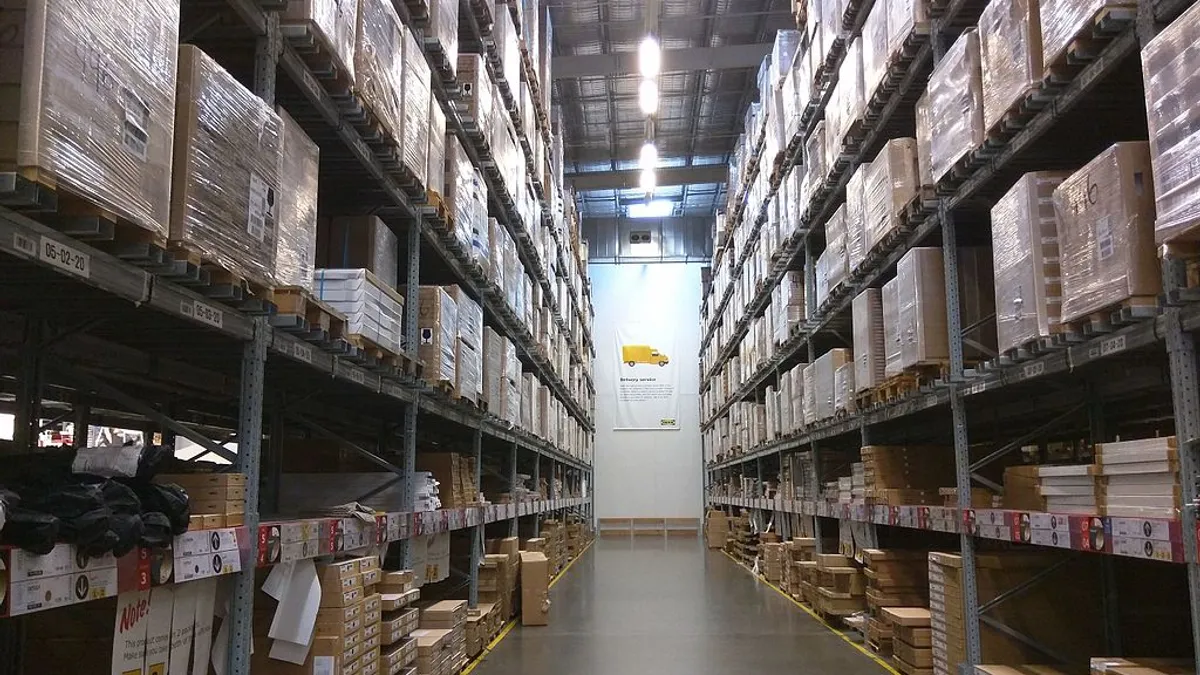Dive Brief:
- Ports are again at the center of an ongoing debate about the value of automation and robotics, just as they were in the 1960s when containerization came to Oakland, CA to help support the Vietnam War, putting countless longshoremen out of work, Fortune reported.
- Urban ports tend to resist automation longer than suburban locations, though job losses strike both with equal force. In fact, within 15 years of containerization's arrival, more than 90% of longshoremen lost their jobs, resulting in the eventual income disparity that contributed to the downfall of the middle class in port cities around the world.
- Those protesting loss of jobs to cheaper foreign countries are in fact suffering more from the effects of automation than from work theft. The imposition of tariffs will have no effect on the oncoming tide of automation.
Dive Insight:
A recently threatened strike and a march on Washington was narrowly averted when International Longshoremen's Association (ILA) head Harold Daggett instead proposed a meeting with Congress to discuss ILA concerns stemming in part from underemployment at east coast ports. The issue is a hot one, as concern over ongoing employment is also on the bargaining table as contract talks begin in advance of the 2018 deadline.
The longshoremen's main concern is the growing automation of various ports. Referencing the formerly thriving American steel industry, the ILA has cited a New York Times article claiming that more mills closed due to automation than were lost to overseas jobs. Fearing a similar fate, the ILA is fighting hard to forestall not what it sees as progress but rather, mass redundancy.
The issue of the future value of longshoremen comes at a time when significant growth is expected as a result of the Panama Canal expansion. As volumes increase, ports cannot spare the longshoremen, yet nor can they avoid the ease and speed of handling that automated cranes and other machinery will provide as larger vessels become the norm. For now, the longshoremen are sorely needed, but the real issue is, for how long?














